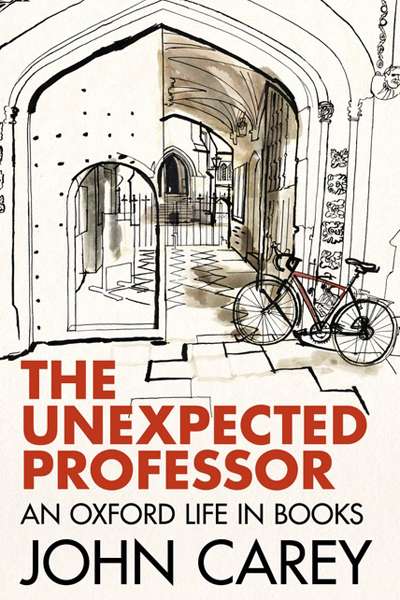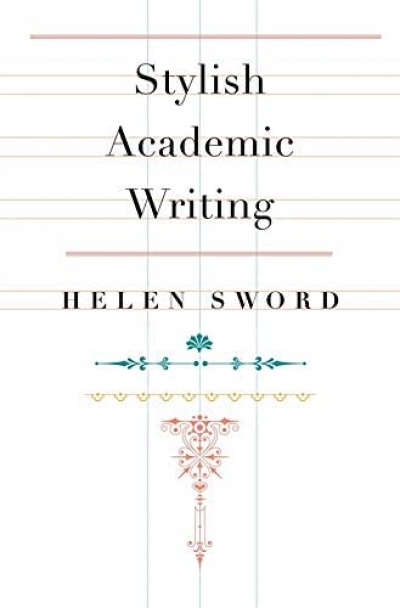Colin Steele
OPEN LETTER TO THE PRIME MINISTER AND MINISTER FOR IMMIGRATION AND BORDER CONTROL
Dear Prime Minister and Minister Dutton,
As writers committed to protecting and defending human rights, and as citizens of conscience, we the undersigned wish to express our deep abhorrence of the ongoing mistreatment of refugees in Australia's offshore detention centres.
A ...
Where I'm Reading From: The Changing World of Books by Tim Parks
by Colin Steele •
A History of the Modern Australian University by Hannah Forsyth
by Colin Steele •
The Unexpected Professor: An Oxford life in books by John Carey
by Colin Steele •
There is, understandably, much umbrage and anxiety in Canberra following Fairfax’s decision to remove its literary editor at the Canberra Times and to rely exclusively on literary reviews and commentaries emanating from Fairfax’s two main broadsheets, The Age and the Sydney Morning Herald – broadsheets that will themselves beco ...





